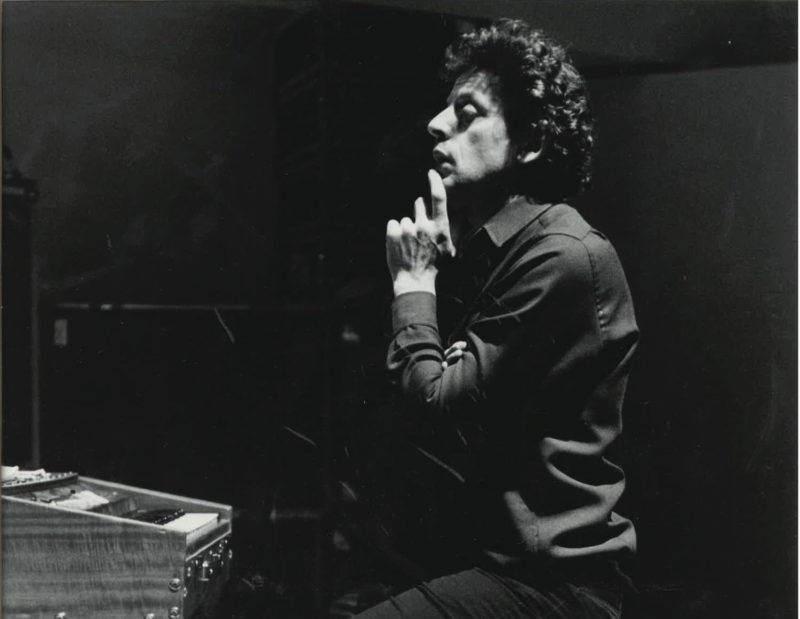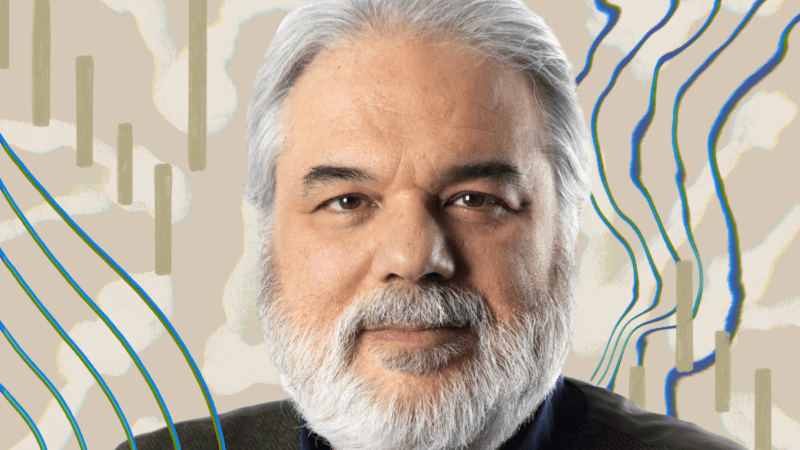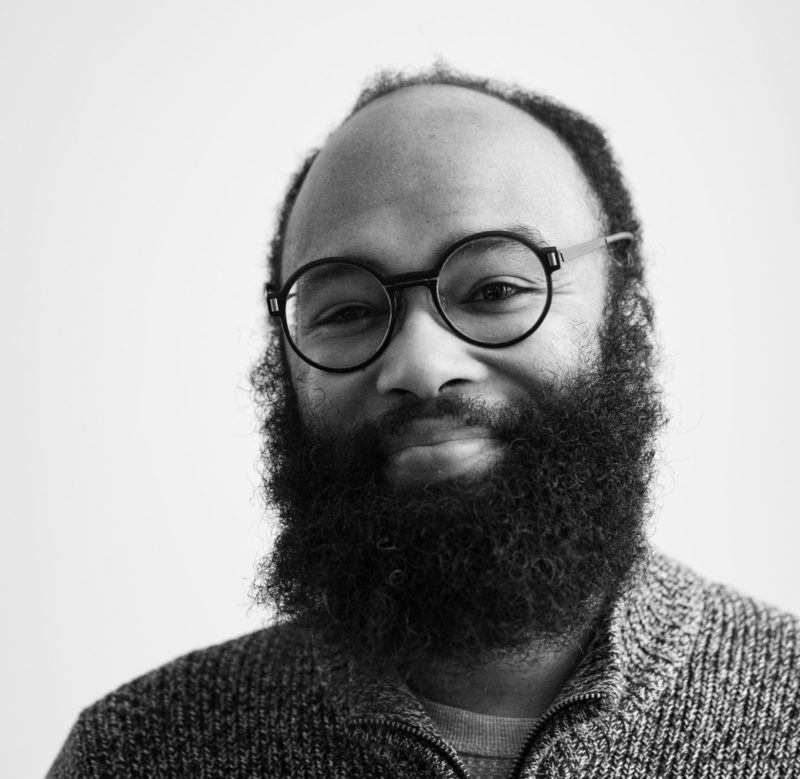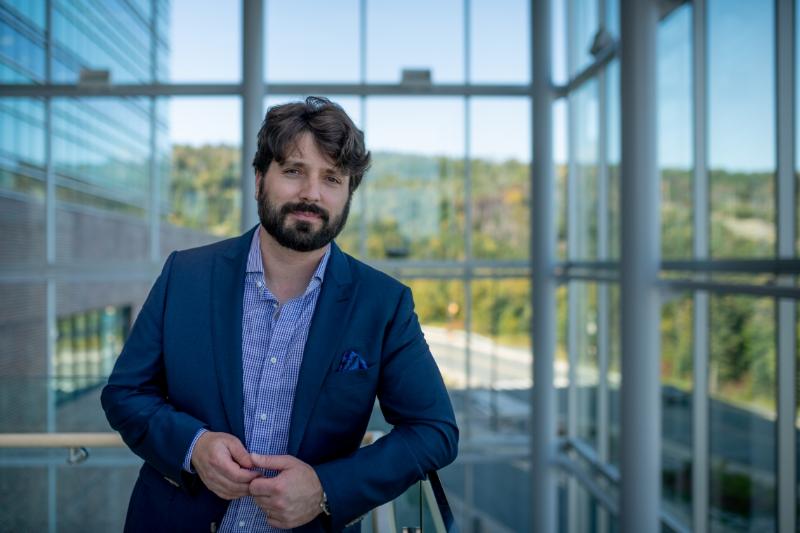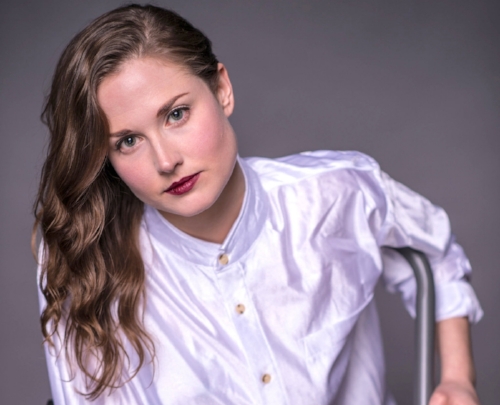
Amanda Smith
My relationship with classical music has been a complicated one, to say the least. So, when I think about what piece brought me to contemporary music, it also leads me to the moment that kept me in classical music in general. In the summer after my first year of undergrad, I was totally lost. Not only did I not connect to the first-year vocal repertoire, I lacked the intrigue and excitement my singing peers seemed to have for the repertoire that was supposed to be our goals. The Figaros and Bohèmes that were intended to motivate our many hours of practice and years of intensive training, as much as I tried, they just didn’t give me the spark that gave purpose to all of that work.
By the start of my summer break, I was trying to decide if I was in the right place. This prompted me to go down a YouTube rabbit hole (as one does) of listening to hours upon hours of vocal music until I finally landed on Phillip Glass’ Einstein on the Beach. I immediately thought, “What? Classical can sound like this?! OPERA can sound like this?!” Hearing this piece kept me from leaving music and gave me something to work toward. It was a very significant moment for me that continues to take me on a path of curiosity. At that point, I didn’t know yet that I wanted to be a stage director (that came shortly after), but there was no doubt in my mind that new music was where I needed to be.
That first taste of Einstein on the Beach opened my eyes at a crucial age and showed me that opera could be so many more things than I had previously thought. This notion still excites me today. I love it when a piece catches me off guard! If we allow opera to be a playground for voice-based musical storytelling with roots in art music, as loaded of a term this is, then maybe we can stop asking the question, “...but is it opera?” I firmly believe this question has the potential to hold us back in our exploration of the art form.
One of the things I love most about Glass’ opera is how he and director Robert Wilson built something that doesn’t tell the story of a life, but instead conveys the feeling of one. If the piece was about someone else, I feel certain that Glass’ and Wilson’s process would have resulted in something that sounded and felt completely different. Over the years, I’ve found myself most often drawn to pieces that express subjective experiences, but that first listen to Einstein on the Beach was the standout moment when I really started to pay attention. Through Glass’ work, as we watch or simply listen, we get to collectively perceive Albert Einstein as an idea and take in the grandeur of the impacts his life continues to have on all of us.
I could go into the details of why Einstein on the Beach is a piece I love. However, the most important thing is that I was, for whatever reason, struck by this music. It was the start of an ongoing relationship with contemporary music that I expect will take me to the end of my career.”
